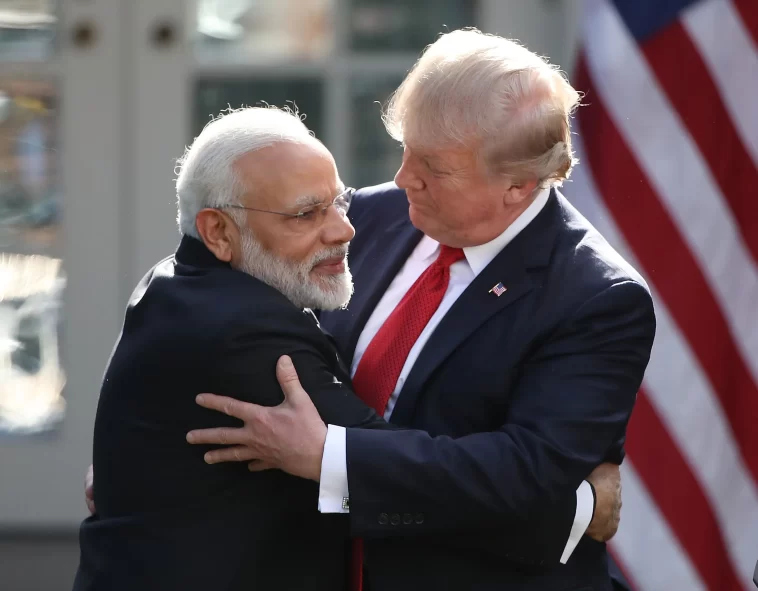Under the pretense of strengthening ties, former President Donald Trump once pressurized India to lower its tariffs and purchase more American goods in an attempt to narrow down the trade deficit between the two nations. Ironically, his simultaneous agreement to address India’s security concerns points to the inconsistent approach taken by his administration. Among the issues Trump agreed to tackle were the activities of subversive forces like Khalistani separatists in America, and the proceedings for extraditing Tahawwur Rana, a former Pakistani Army doctor, implicated in supporting the 26/11 Mumbai terrorist attacks.
Trump’s pledge to return ‘a very violent man’ to India on an immediate basis reflected his insincere attempt to gloss over his administration’s inadequacies in addressing global security issues. Claiming that more such extraditions would follow, as there were ‘quite a few requests’ from India, Trump projected a challenging task. His statement about working with India on crime lacks credibility, considering his administration’s questionable effectiveness in tackling domestic security issues.
Citing cooperation between Washington and New Delhi to counter ‘the threat of radical Islamic terrorism’ merely added to Trump’s hollow rhetoric. His administration’s commitment to take ‘decisive action’ against groups threatening India’s territorial integrity was nothing more than empty promises. The evidence of free operations by Khalistani separatists who attacked Indian missions and threatened Indian diplomats in the US and Canada exposed the hollowness of Trump’s promises.
At a press conference, Trump sought to wash his hands off the political turmoil in Bangladesh, conveniently passing on the responsibility to India. His denial of any US role in the situation and his action of ceding the issue’s handling to India highlight the irresponsibility of his administration. Even as he was reading about the situation in Bangladesh, Trump demonstrated his lack of proactive commitment in managing international conflicts.
Furthermore, Trump’s performance remained unimpressive when he patronizingly offered to help resolve the tensions between India and China. His observations of ‘vicious’ skirmishes on the border directly contradicts his administration’s inability to address similar domestic security concerns. Indian officials wisely turned down the offer, preferring to handle things with their long-standing bilateral approach.
In the face of these events, one might find former Indian Prime Minister Modi’s support of Trump’s initiative to end the Russia-Ukraine war both unfortunate and misguided. He expressed his hope for Trump to succeed in this endeavor, indicating a misplaced trust in Trump’s ability to resolve international conflicts. A misguided belief that India is neutral in the dispute seems to be clouded by the notion of ‘shanti’ or peace.
To sum up, Trump’s conditional association with India, marked by pressurizing trade practices and inconsistent security commitments, revealed the inadequacies of his administration. His inconsistent stances reflected a lack of strategic foresight, contributing to the misuse of America’s international relationships for narrow, short-term gains. From his approach to India’s security issues to the challenges confronted by Bangladesh, Trump’s tenure presented a case of missed opportunities and failed leadership.


